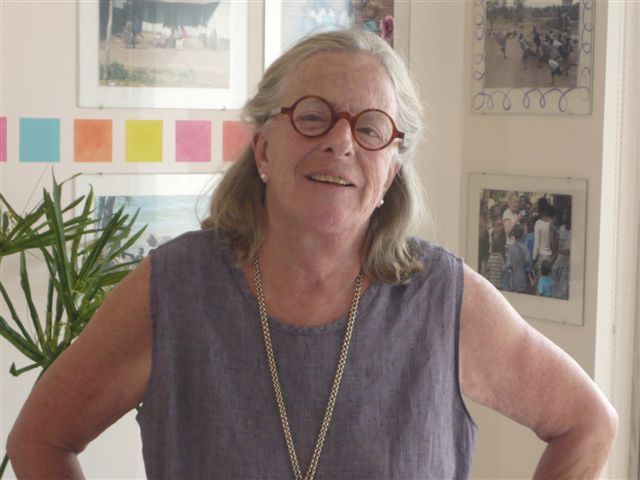Susan Cotts Watkins
 My research has focused on large-scale demographic and social change generated by local social networks. Initially, I focused on fertility transitions in historical Europe and the U.S.; subsequently, I turned to local responses to the efforts of international organizations to reduce fertility and to combat the AIDS epidemic in Africa. In pursuing these interests, I and colleagues initiated two longitudinal survey projects, one in Kenya (Kenya.pop.upenn.edu) and more recently a larger project in Malawi, the Malawi Longitudinal Study of Families and Households (1998-2012: (www.malawi.pop.upenn.edu). I also initiated the Malawi Journals Project: a longitudinal collection of ethnographic journals on local responses to the AIDS epidemic in Malawi ( 1999-present) http://deepblue.lib.umich.edu/handle/2027.42/113269). These two projects have produced data that resulted in more than 250 publications by the research teams, faculty members and graduate students, as well as from others who have used these publicly available data.
My research has focused on large-scale demographic and social change generated by local social networks. Initially, I focused on fertility transitions in historical Europe and the U.S.; subsequently, I turned to local responses to the efforts of international organizations to reduce fertility and to combat the AIDS epidemic in Africa. In pursuing these interests, I and colleagues initiated two longitudinal survey projects, one in Kenya (Kenya.pop.upenn.edu) and more recently a larger project in Malawi, the Malawi Longitudinal Study of Families and Households (1998-2012: (www.malawi.pop.upenn.edu). I also initiated the Malawi Journals Project: a longitudinal collection of ethnographic journals on local responses to the AIDS epidemic in Malawi ( 1999-present) http://deepblue.lib.umich.edu/handle/2027.42/113269). These two projects have produced data that resulted in more than 250 publications by the research teams, faculty members and graduate students, as well as from others who have used these publicly available data.
In A Fraught Embrace: The Romance and Reality of AIDS Altruism in Africa (March 2017), Ann Swidler, and I describe the efforts of deep-pocket donors and individual volunteers from foreign countries to turn the tide of the HIV epidemic in Malawi and to postpone the deaths of those who are HIV positive. Rather than pointing out the failures of the AIDS industry or praising the efforts of individual altruists, we write about altruism on the ground: an intersection of the dreams of three sets of actors: donors who provide the money, villagers who expected to benefit, and brokers, the Malawian elites who act as intermediaries connecting donors and villagers.